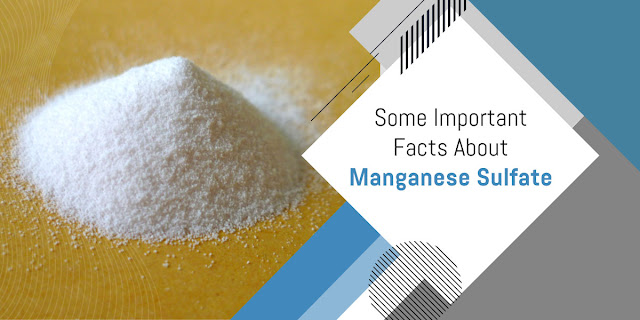Medical Applications, Importance & Adverse Effects of Sorbitol
Sorbitol is a sugar alcohol or polyol, which are
water-soluble molecules found naturally in many fruits and vegetables. Sorbitol
is also commercially synthesised from glucose for usage as a sweetener,
texture, and moisture retainer in packaged foods and beverages.
Medical Applications:
●
Laxative:
Sorbitol-containing meals, like other sugar alcohols, can cause gastrointestinal irritation. Sorbitol can be used as a laxative either orally or through an enema. Sorbitol acts as a laxative by attracting water to the large intestine and promoting bowel motions. Sorbitol has been found to be safe for elderly people to take, yet it is not recommended without the guidance of a doctor. Sorbitol is found in various dried fruits and may contribute to prunes' laxative properties. In 1872, sorbitol was identified in the fresh juice of mountain ash berries.
Palvi Chemicals is the distinguished Sorbitol
exporter in Nigeria.
●
Other medical applications:
Sorbitol is used in bacterial culture media to differentiate pathogenic Escherichia coli O157:H7 from most other E. coli strains because it is unable to ferment sorbitol, unlike 93 percent of known E. coli strains.
Sorbitol and the ion-exchange resin sodium polystyrene sulfonate are used to treat hyperkalaemia (high blood potassium) (tradename Kayexalate). In the bowel, the resin exchanges sodium ions for potassium ions, while sorbitol aids in elimination. The Food and Drug Administration of the United States issued a warning about the increased risk of gastrointestinal necrosis with this combination in 2010.
Sorbitol is also utilised in the
production of softgel capsules, which are used to store single doses of liquid
medications.
Medical importance:
Aldose reductase is the first enzyme in the sorbitol-aldose reductase pathway, and it is responsible for converting glucose to sorbitol as well as galactose to galactitol. Long-term hyperglycemia with poorly controlled diabetes frequently results in too much sorbitol trapped in retinal cells, lens cells, and Schwann cells that myelinate peripheral nerves. This can harm these cells, resulting in retinopathy, cataracts, and peripheral neuropathy. Aldose reductase inhibitors, which are drugs that impede or decrease the action of aldose reductase, are now being studied as a means of preventing or delaying severe consequences.
If you are looking for one of the most recognized Sorbitol
distributors in Ghana, Palvi Chemicals is the right place for you to
fulfill all your chemical requirements.
Adverse medical effects:
As a result of small intestinal damage, people with untreated celiac disease frequently have sorbitol malabsorption. Sorbitol malabsorption is a common source of symptoms that persist in gluten-free people. Because of a strong link between the cut-off value and intestinal lesions, the sorbitol hydrogen breath test has been proposed as a diagnostic for detecting celiac disease. Nonetheless, while it may be useful for research, it is not yet suggested as a diagnostic tool in clinical practise.
Sorbitol added to sodium polystyrene sulfonate (SPS,
used to treat hyperkalemia) has been linked to gastrointestinal problems such
as haemorrhage, perforated colonic ulcers, ischemic colitis, and colonic
necrosis, particularly in uremia patients. Immunosuppression, hypovolemia, the
surgical context, hypotension after hemodialysis, and peripheral vascular
disease are all risk factors for sorbitol-induced injury. As a result,
SPS-sorbitol should be used with caution in the treatment of hyperkalemia.



Comments
Post a Comment